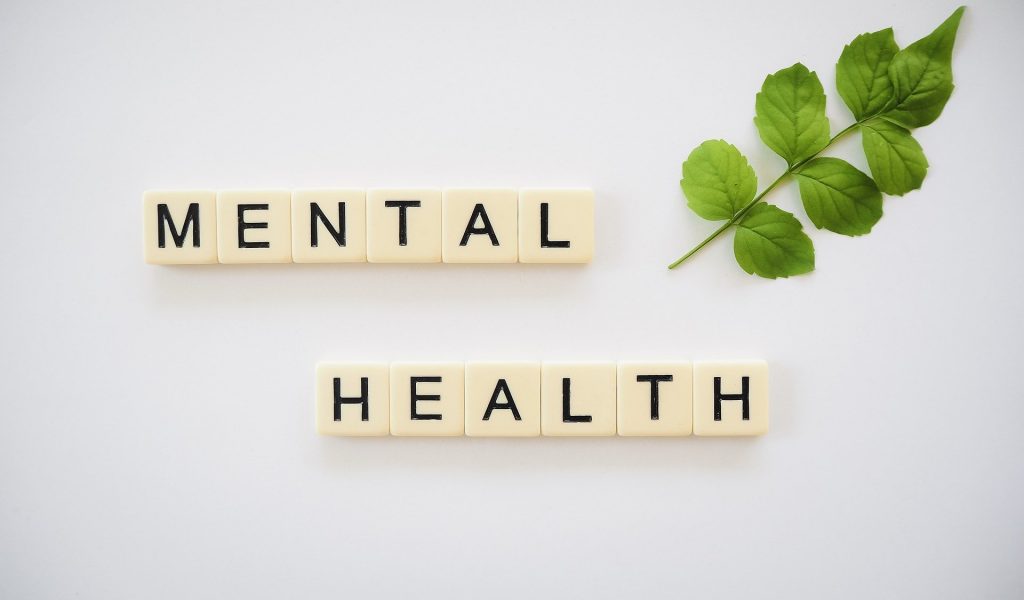A Black Woman’s Response to the Attack on the Capitol
2021 is Here at Last:
The worst year that many of us have ever known is over, and yet. And yet, in a year that was only 6 days old, we witnessed an attack on our nation’s capital and the downfall of an American President. My job is to advise managers. I give them advice on developing strong skills, taking care of their employees, and meaningful communication. This month, I must set my teaching hat aside and present my views on the violence that occurred in our nation’s capital.
First of all, there are things I need you to know about me. I was born and raised in Washington DC, A black, gay, woman child destined to live a life of service to others. This is how the attack on the Capitol affected me from those standpoints.
As a Washingtonian:

My Childhood Home Today
Washington DC is the seat of our government. It is also the place where I was born and lived. Growing up within walking distance of the Capitol, I spent my summers hanging out in the museums of the Smithsonian Institution, wading in the reflecting pool in front of the Lincoln Memorial on the 4th of July, and walking around the Washington Monument grounds just because. This was “how I spent my summer vacation”. To see protestors in and around the city is not new. There was the “Tractorcade” in 1978 by the American Agriculture Movement to challenge Agriculture policy during the Carter Administration. Six months before (July 1978), thousands of Native Americans walked across the United States to protest Congressional legislative proposals to revoke treaties with Native Americans. In 1971, I personally participated in the “Vietnam War Out Now” rally calling for an end to the war and I marched again in 1993, flying from my home in California to join 100,000,000 others to fight for LGBT rights.
So, as you can see, protests in DC are no big deal to me. Nor are riots. In 1968, after the assassination of Dr. King, I was standing at the kitchen sink in my aunt’s home when National Guardsmen came through the neighborhood spraying tear gas as a “deterrent”. It worked. I immediately stopped washing dishes and tried to stop the burning in my 11-year-old eyes. I suspect not many of those folks breaking windows in the Capitol can relate. I have no anger nor any sympathy for them. In this regard, on January 6th, they were just part of the usual noise.
Don’t get me wrong, I am not condoning their actions. I am definitely condemning them; however, their actions do not anger me. I teach managers how to practice emotional intelligence and the attacks on the Capitol have put me to a personal test for getting past my emotions and trying to understand what we’ve been seeing not only these past four (4) years but especially, this past week. I’m OK. They are not.
I don’t feel it, but I do understand the anger and frustration that my friends and family are experiencing. Personally, I feel hopeful because I believe that genuine good has come out of this dumpster fire. Allow me to enumerate:
As a Black Woman:

Me, circa 2014
I see my country becoming “woke” in ways I did not believe could or would ever happen in my lifetime. As we mourned and protested the deaths of blacks in this country for sleeping in their own homes, jogging down streets, and walking from their garages with their cell phones in their hands, people started to protest. Oh, and I forgot to mention, people gassed and assaulted for protesting in front of the White House. On Wednesday, people began to say the silent part out loud. “We know that the Capitol attackers would have been treated differently if they were people of color”. I don’t know if you can understand how huge this is. These words are being spoken by people that are looked up to as informed leaders.
Even our leaders acknowledged this truth. President-elect Joseph R. Biden Jr. said on live TV, “You can’t tell me that if it had been a group of Black Lives Matter protesters yesterday, they wouldn’t have been treated very differently than the mob of thugs that stormed the Capitol”. Thank you, President-elect Biden. Maybe now people will acknowledge what I have known to be true. Fact: I tell my wife I love her every time I leave home because I never assume that I’m going to make it home alive. It doesn’t scare me. It doesn’t even bother me (practicing emotional intelligence, you know). It’s just an assumption that the color of my skin may get me killed. I’m happy that someone else finally sees what I see.
As a Veteran:

Retirement Day 1996, Me and My “Guys”
My personal faith in Democracy is stronger than ever. When I joined the Navy, I took the same oath that members of Congress, law enforcement officers, and yes, the President of the United States take. The oath to “uphold and defend the Constitution against all enemies, foreign and domestic”. Democracy has been tested over the past years, but it has not broken. How do I know?
On January 6th, armed villains broke the windows of the US Capitol intent on stopping the lawful certification of the Presidential Election. Not only did they fail in their attempt, but Congress also remained resolute in its duty to complete the work of the people hours after they feared for their lives. They returned from their shelters, put away their gas masks, and got on with the job. This is how you make America Great – by doing your job even when you’re scared to death.
Attackers are being arrested and face prosecution for their crimes. This is not about the people that didn’t enter the Capitol. They were exercising their right to tell the government they didn’t like what was happening. Not a problem and that oath I took those many years ago still holds. I will defend to the death their right to tell lawmakers that they have failed, whether I agree with them or not. However, I will never defend their right to storm into the people’s house and terrorize anyone. That is a line that cannot and must not be crossed. Ever.
As a World Citizen:

2017 Volunteer Service Award signed by President Barack H. Obama
Condemnation from around the world was strong. Even those that support the political ideas of this administration condemned the words that encouraged the attacks. Why? because they know that America is more than this. I know that people in this country are concerned about how the world sees us. I am not. There is a quote that says, “What others think of you is none of your business”. I can never remember who said it and the author is not important; the words are.
This is what Democracy is about. The strength of Democracy is that we can tell the President of the United States, without fear of reprisal that his actions are illegal and as a nation, we have processes and means to stop it. We will not allow it to continue. Our job going forward is to do the work on fixing the problems before us but our basic bedrock of how Democracy works stands strong.
This “blog” has been longer than normal and doesn’t address good management practices (or does it?). As a business owner who respects the varied opinions of her clients, I have stayed away from commenting on world events and will try to do so in the future. This time, however, I cannot, if only for the simple fact that I want to assure those that choose to read my words that we will be OK.
Next month I promise I’ll get back to writing about the wild, wonderful world of management.
With Gratitude,
Vikki

